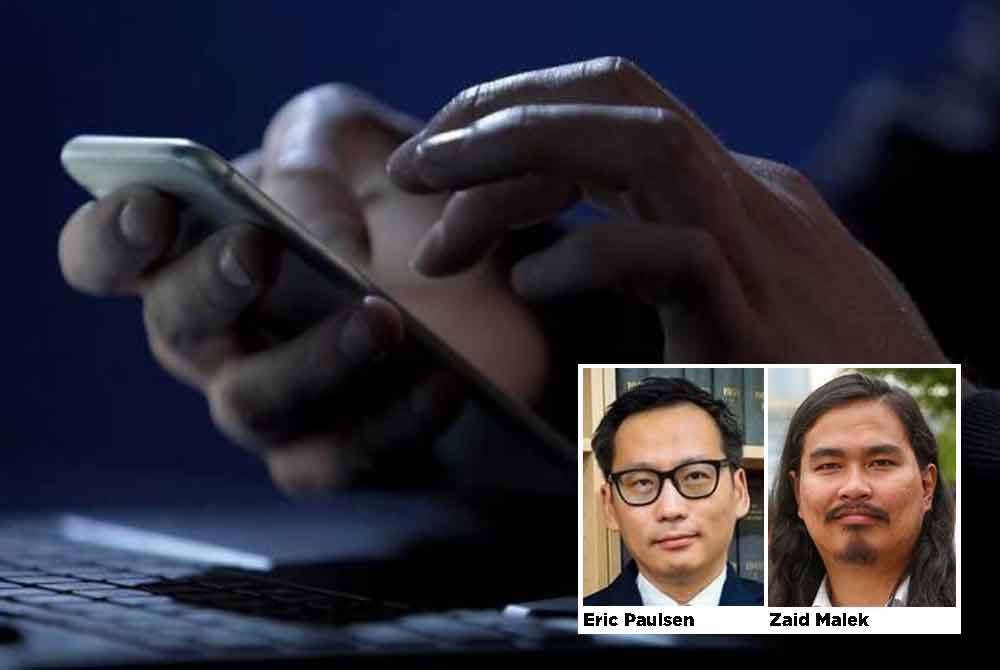Social media licensing a threat to freedom of speech - LFL
LFL co-founder and adviser Eric Paulsen expressed concern that this requirement could lead to misuse by authorities.

SHAH ALAM - Lawyers For Liberty (LFL) has slammed the government's initiative requiring all social media platforms and internet messaging services with at least eight million registered users in Malaysia to apply for a licence.
LFL co-founder and adviser Eric Paulsen expressed concern that this requirement could lead to misuse by authorities.
He cited the alleged abuse of laws such as the Sedition Act, the Communications and Multimedia Act, and the Peaceful Assembly Act in recent years.
"There is no reason to think that the proposed new social media licensing or legislation will not also be misused," Paulsen stated on the X platform.
He was responding to the Malaysian Communications and Multimedia Commission's (MCMC) announcement that all social media services and internet messaging services with at least eight million registered users in the country must apply for a Class Licensing for Applications Service Providers under the Communications and Multimedia Act 1998 (Act 588).
This measure will take effect on January 1, 2025, following the introduction of a new regulatory framework starting August 1, 2024.
The government claims this decision aims to combat rising cyber crimes, including online scams, cyberbullying, and sexual crimes against children.
On this, LFL Director Zaid Malek echoed similar concerns, arguing that licensing social media platforms is unnecessary and could harm the government's reputation, as it appears to be an attempt to silence critics.
"This action resembles the Printing Presses and Publications Act 1984, used to control print media, including shutting down newspapers," Zaid said.
He noted that the law remains in effect under the current government, despite promises to repeal it.
Zaid also stressed that social media is essential in a democratic society and should be preserved.
He suggested that issues like cyberbullying, fraud, and other crimes could be addressed through comprehensive regulations.
He also accused the government of acting undemocratically by requesting social media providers to remove content critical of the administration.










